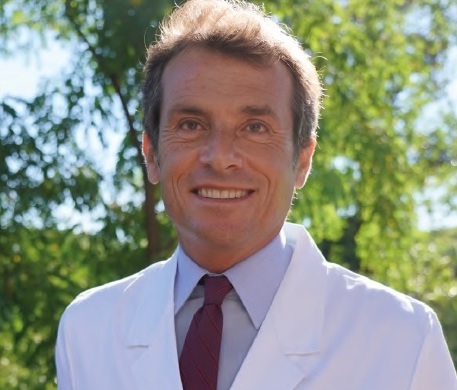Replay is available exclusively to members
Create a free account or log inAre probiotics a good partner for antibiotics?
This program is the third in a series that explores the gut microbiota, and how its delicate balance can be disrupted by antibiotics. Antibiotics are major therapeutic strategy used to address numerous infectious diseases. In previous programs, we saw that their overuse may lead to microbiota disruption and may have long-term consequences on the health of the host.
After a short introduction, Prof. Guarner will describe the impact of antibiotic on gut microbiota. Among the hundreds of bacterial species constituting the gut microbiota, many are likely to be susceptible to the antibiotic treatment. They will be killed, and their abundance will drop. This results in a loss of richness or diversity of species and may allow resistant bacteria to occupy the newly available habitat and overgrow. Disruption of the function and composition of the gut microbiota is called dysbiosis. Antibiotics induced microbiota changes occur rapidly and can persist long term. Experimental and clinical evidence have documented the involvement of these microbiome alterations in the susceptibility for developing some non-communicable diseases such as allergy, type 2 diabetes, or obesity.
Many properties of probiotics are strain-specific, and safety and efficacy findings associated to specific formulations should not be generalized to other probiotic products. Manufacturing processes, conditions and ingredients are important determinants of product characteristics.
A short video focuses on Saccharomyces boulardii CNCM I-745, a yeast probiotic used long time, and which was first discovered in the jungles of Indochina in the early 1900s.
Prof. Guarner will explain then the well-known mechanism of action of this specific strain S. boulardii CNCM I-745. It involves the intestinal barrier, short chain fatty acids, immune response, microbiota modulation. S. boulardii CNCM I-745 effectively protects and potentially restores microbiota in the presence of antibiotics, protects from the consequences of microbiota disruption and can be prescribed at the same time as antibiotics without losing its efficacy.
They will conclude that probiotics such as S. boulardii CNCM I-745 could be very useful in limiting the detrimental actions of antibiotics.

